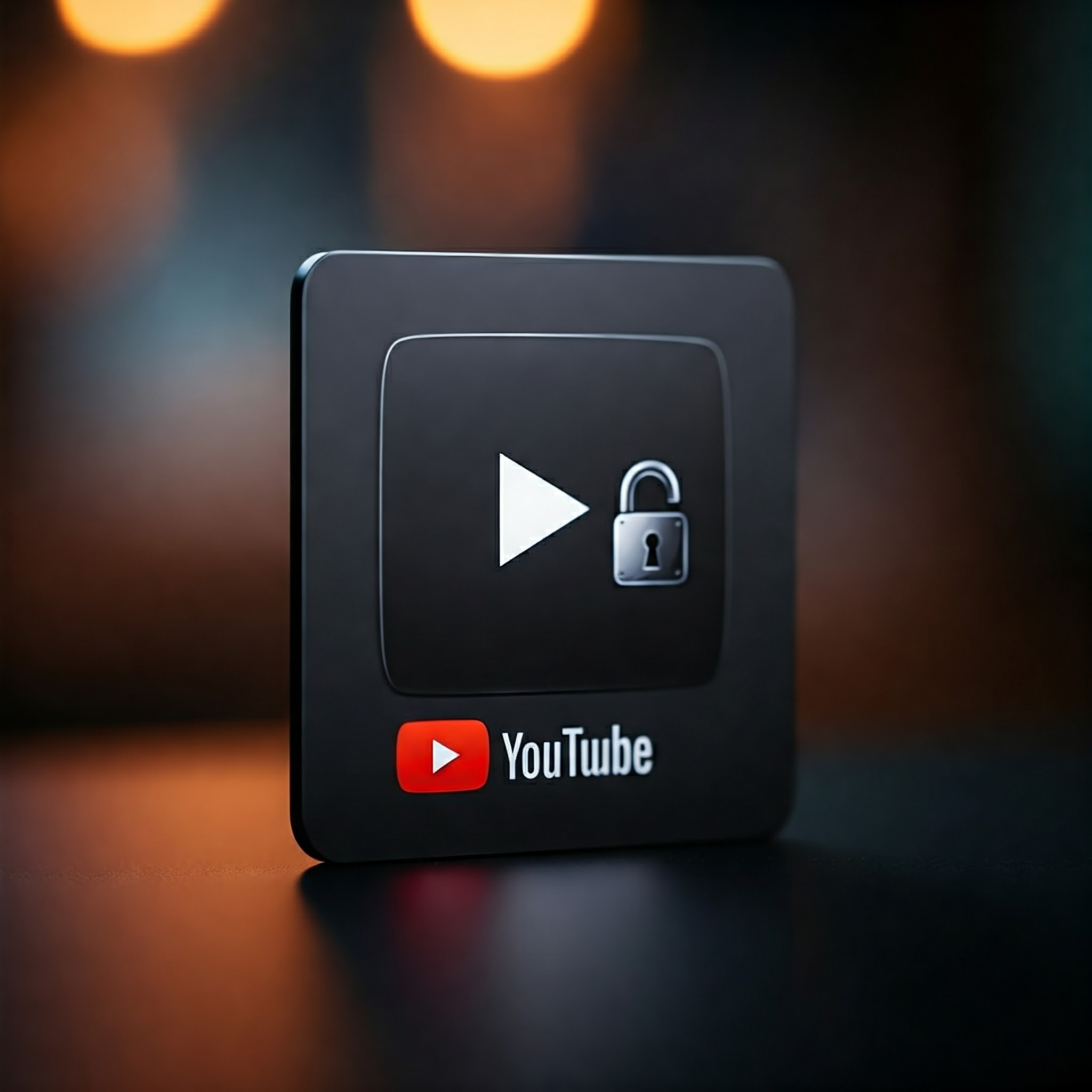Case Study: Information Privacy & YouTube
Abstract
Many individuals and organizations in the United States rely on YouTube to publicly share information and/or promote their organization and offerings. However, YouTube has mastered the practice of offering users a false sense of security when it comes to their information privacy. While there are many policies in place within YouTube’s privacy standards–and children’s personally identifiable information (PII) is rather well protected by the site due to a settlement requiring the site to comply with the Children’s Online Privacy Protection Rule (COPPA)–there are little to no true protections for users when faced with the threat of their information being leaked to bad actors. This does not have to be the case, though, as YouTube has the ability to strengthen their policies to offer more assistance to its users in times where their PII may be used in a malicious way. On the other hand, it is not solely up to YouTube to be responsible in creating new policies surrounding user privacy. The Federal Communications Commission (FCC) is responsible for regulating privacy practices for companies in the United States and has yet to make a groundbreaking move against social media sites like YouTube to protect the information of web users. By instituting regulations that perform similarly to laws like the General Data Protection Regulation (GDPR) of Europe, or the California Consumer Privacy Act (CCPA), the United States can offer consumers better protections in regard to their PII and web safety overall.

Downloads
Published
Issue
Section
License
Copyright (c) 2025 Katherine Kozlowski Mitchel

This work is licensed under a Creative Commons Attribution 4.0 International License.
World Libraries allows authors to maintain the copyright of their article or to give permission to World Libraries to hold the copyright. If contributors decide to maintain copyright, a Creative Commons license allows authors to determine how their work can be used. For more information on the types of licenses available, visit http://www.creativecommons.org/.
Authors submitting a paper to World Libraries do so with the understanding that Internet publishing is both an opportunity and a challenge. In this environment, authors and publishers do not always have the means to protect against unauthorized copying or editing of copyright-protected works.
World Libraries is a copyrighted product, and all rights are reserved worldwide. Permissions to use any materials appearing in World Libraries should be directed to Questions about World Libraries.
Downloads of specific portions of World Libraries articles are permitted for personal use only, not for commercial use or resale. Educational uses of World Libraries are permitted with permission of the authors of specific works appearing in World Libraries.
PRIVACY
World Libraries respects the privacy of both its readers and its contributors. To that end, World Libraries does not collect in its logs or other server tools the exact identities of its readers. World Libraries does not require its readers to sign in or to secure a unique ID or password. World Libraries does not use cookies.
World Libraries collects general information in its logs on the origins of users at the highest domain levels. Usage patterns are tracked in World Libraries to assist editors in making decisions about future content. In addition, this information is used for research on usage patterns to improve the site over time.
E-mail addresses used by World Libraries to notify readers of new issues are not disclosed to third parties.
